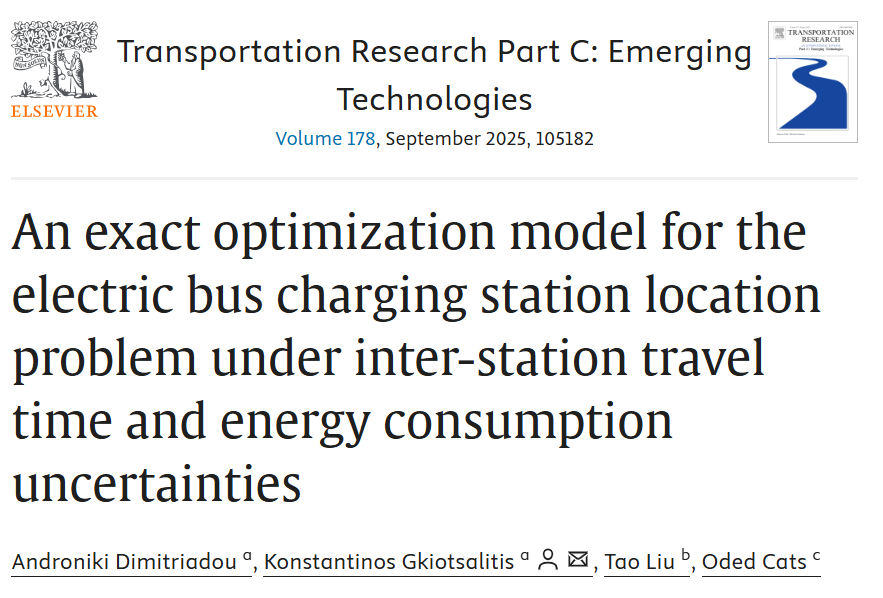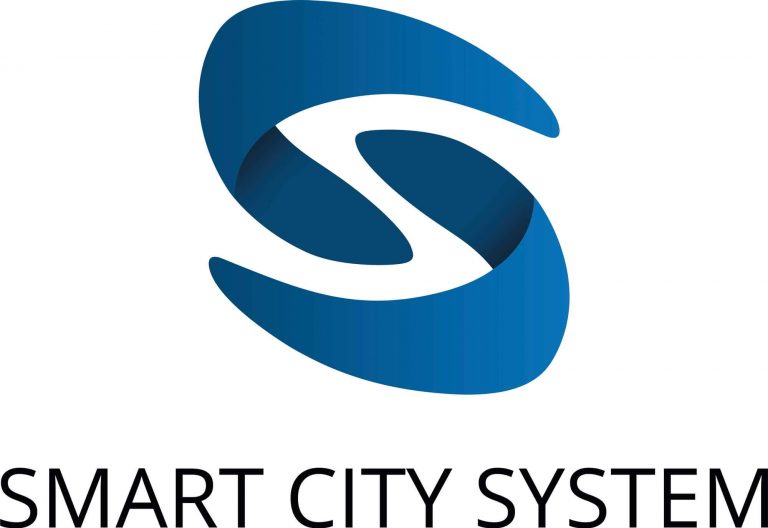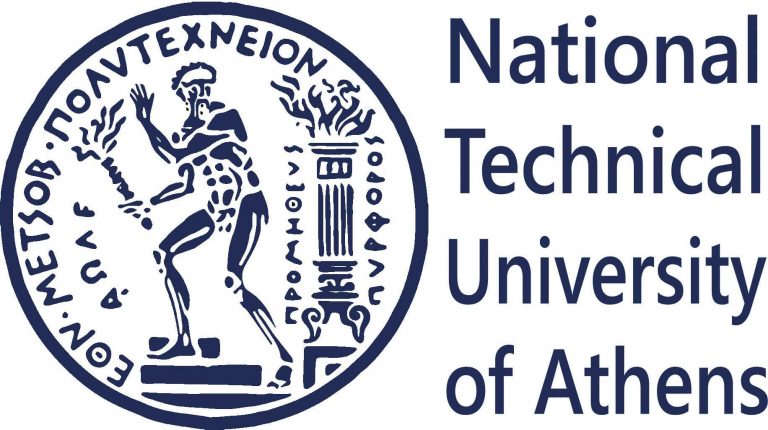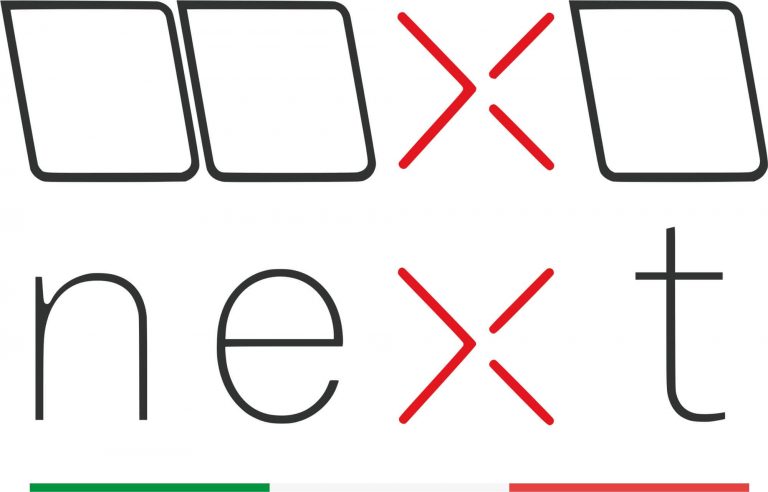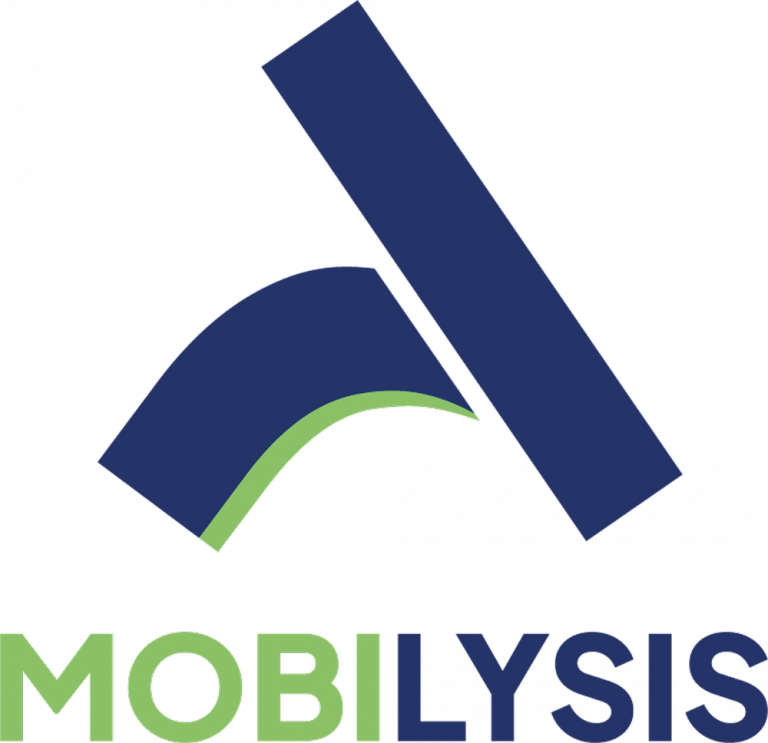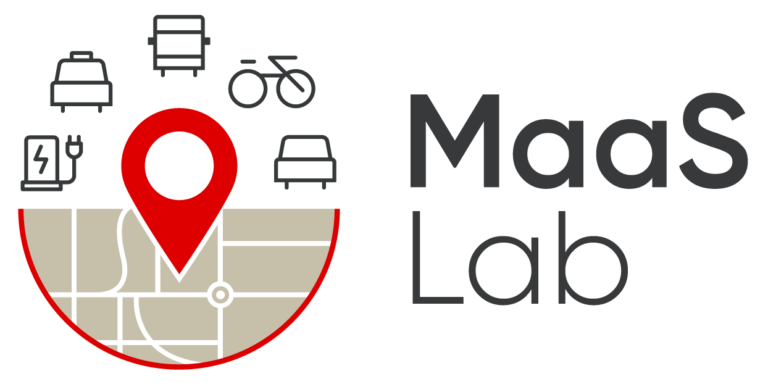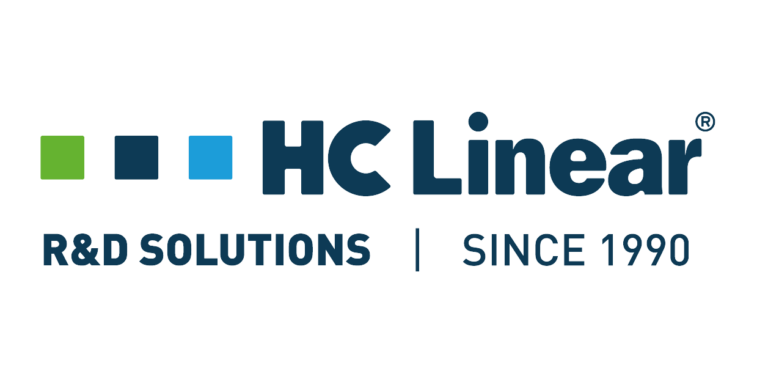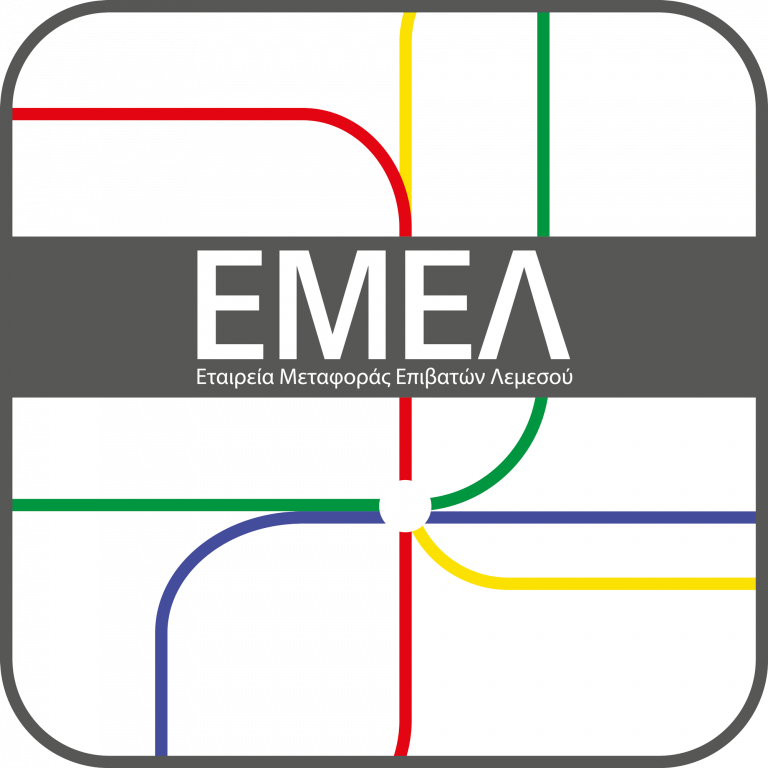As cities move toward cleaner and more efficient electric buses, new challenges come up, especially when it comes to keeping buses charged and running on time. The National Technical University of Athens (NTUA) has published a new scientific paper in Transportation Research Part C: Emerging Technologies that tackles this issue.
Researchers at NTUA created a computer model that takes into account delays in bus travel times between charging stations and differences in how much energy buses use. The model also considers different types of chargers. The goal is to reduce wasted time, both when buses drive without passengers (deadheading) and when they wait in line to charge.
The approach was tested in Athens, Greece, one of the follower cities of the metaCCAZE project, using real-world data under different inter-station travel time and energy consumption scenarios. The results showed that this model can help city planners choose the optimal type of chargers and charging station locations, even when travel times and energy needs are uncertain.
Read the full paper
Dimitriadou, A. & Gkiotsalitis, K. & Liu, T. & Cats, O. (2025). An exact optimization model for the electric bus charging station location problem under inter-station travel time and energy consumption uncertainties. Transportation Research Part C. https://doi.org/10.1016/j.trc.2025.105182
More about Athens
As part of the metaCCAZE project, Athens is expanding its electric bus fleet in two phases. The first phase, completed in 2024, introduced 140 slow-charging buses with a range of 185 kilometers. The second phase will take place between 2025 and 2027, beginning with the arrival of 100 new e-buses in 2025, followed by 525 additional slow- and fast-charging buses scheduled to join the fleet in 2026 and 2027.
NTUA’s role in metaCCAZE
The Department of Transportation Planning and Engineering at the National Technical University of Athens (NTUA) is a globally recognised center of excellence in transport research and innovation. Its mission is to educate transport engineers and advance science in transport planning and engineering. In metaCCAZE, NTUA is the technical coordinator and leads WP2, focused on developing an open, smart toolkit that integrates electrification, automation, and connectivity to support zero-emission shared mobility systems.
Access NTUA’s and all metaCCAZE scientific publications here.

